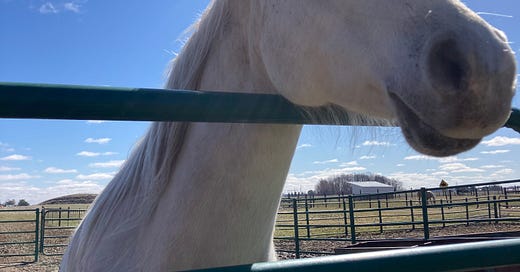It's Toxic Glue!
Rick Rubin on keeping the channel open, shame, self-doubt, and how to make decisions as you work (hint: "do I like this shirt? or this one?" it's kind of as simple as that)
Keep reading with a 7-day free trial
Subscribe to Under a Spell to keep reading this post and get 7 days of free access to the full post archives.




